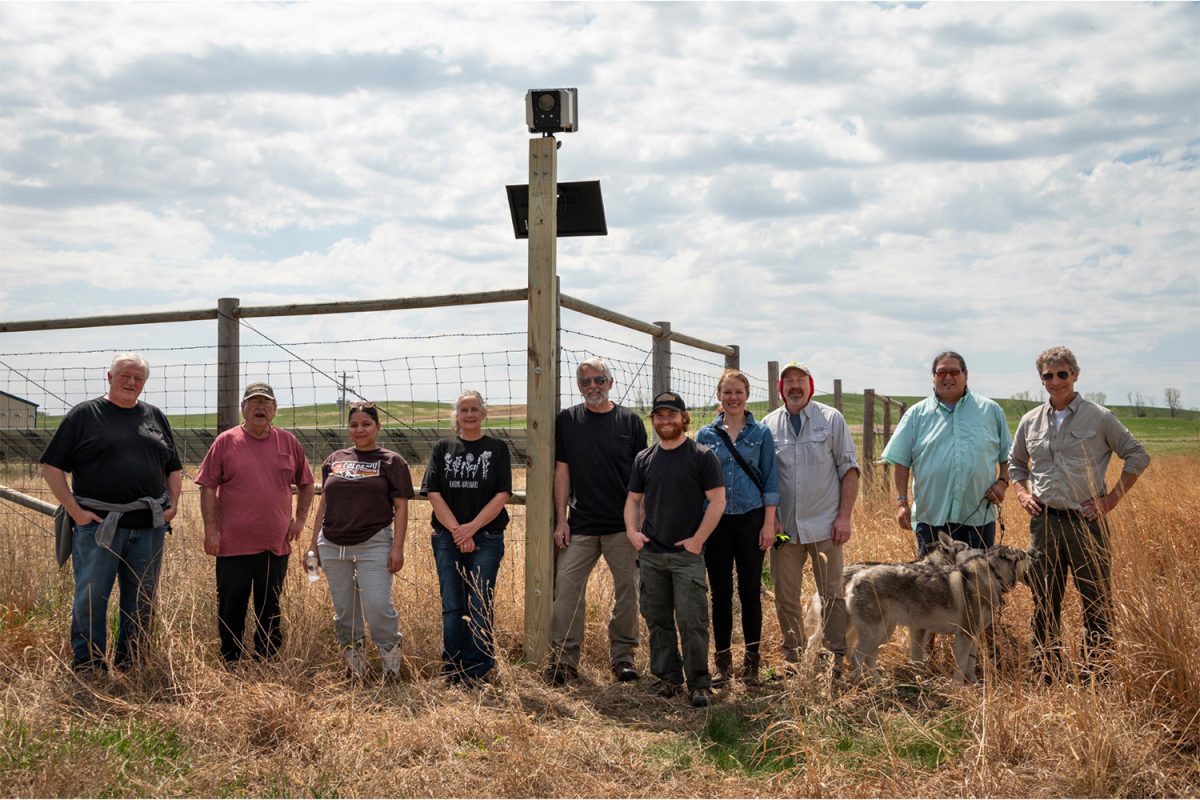The University of Iowa’s College of Public Health received a $6 million grant to fund a new research center and aid in climate adaptation planning, or how to adjust to the effects of climate change, across the Midwest.
This grant was funded by the National Oceanic and Atmospheric Administration and will be a five-year-long project. The project will focus on working with female landowners and tribal communities in Iowa, Nebraska, Kansas, and Missouri.
Led by Brandi Janssen, a clinical associate professor of environmental and occupational health, the project will work to make communities more resilient to climate change.
Janssen said the center will examine how climate affects them, and what the university can do to develop tools that address these issues.
“In this first five-year cycle, we are really focused on learning from each other,” Janssen said. “These women landowners and tribal communities have a lot of knowledge and experience and that is rarely captured in adaptation planning.”
Adaptation planning, Janssen said, is a multitude of strategies including how to develop flood resilience, drought, and heat resilience. After this year in particular, the focus is now on wildfire smoke and air quality.
Adaptation strategies for these communities include helping them make better decisions related to their farms and daily life, and teaching communities about the best practices to aid in case of a disaster, Janssen said.
“Our job is to listen and see what priorities there are from the community’s perspective and help them develop the tools they need to combat the effects of climate change,” she said.
Jean Eells, a female landowner, said many farmers like herself are eager to care for their land in ways that produce clean water and healthy food and that address climate change.
“When given the support we have so long lacked, we become the ones who can help lead change,” Eells said.
Marc Linderman, UI associate professor in geographical and sustainability sciences, is working closely with Janssen and her team to help develop additional strategies to aid in farmers’ well-being.
Linderman is focused on climate variability and the impacts on agriculture as well as how the uncertainty of weather affects the mental health of farmers.
“Farming can be extremely stressful and when we talk to farmers, they talk about the decisions and uncertainties they face every year,” Linderman said.
For those farmers who wish to implement those adaptation strategies, Linderman and Janssen hope to work together to provide them with the support and funding they need.
“We hope to find ways to better connect farmers with resources to implement smart climate management activities while making farms more resilient to climate variability,” Linderman said.
The Women, Food, and Agriculture Network is one of the woman-owned farmland organizations that the university will partner with.
RELATED: Farmers face economic barriers to sustainable farming, amid climate change reports
Juliann Salinas, executive director of the network, said this project will help female farmland landowners obtain sought-after resources and opportunities to make positive environmental impacts on climate change by building healthy soil, cleaning water, and purifying air.



